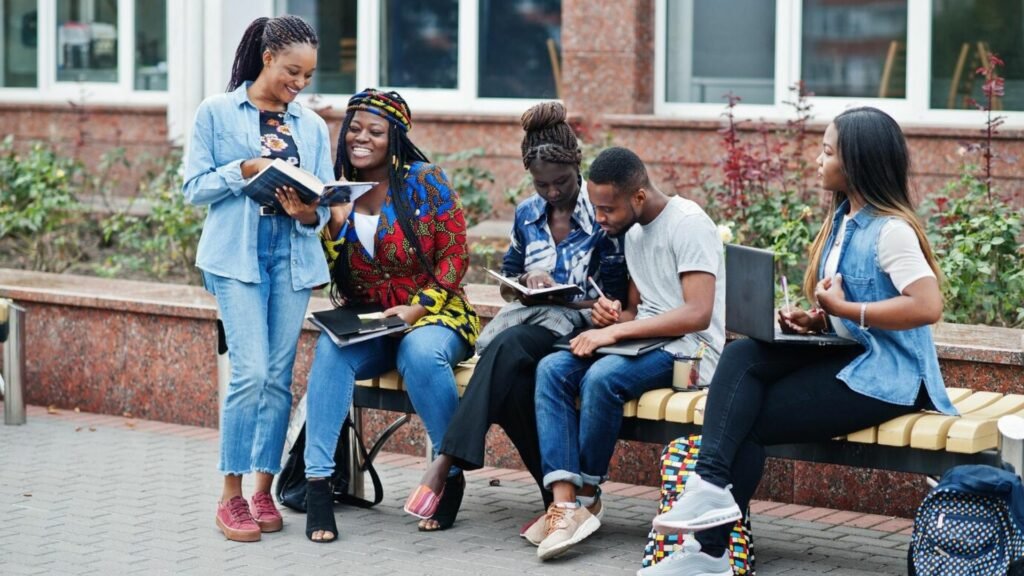
The Impact of Social Class on College Lifestyle
College life is a transformative journey marked by academic pursuits, personal growth, and the forging of lifelong connections. However, the experience is not uniform for all students, as the influence of social class can significantly shape the college lifestyle. From access to resources and extracurricular opportunities to social interactions and overall well-being, the socioeconomic background of students plays a pivotal role in navigating the college landscape.

The Financial Strain
The impact of social class on college life is most palpable in the realm of financial constraints. Students hailing from lower-income backgrounds often grapple with the considerable financial burden associated with tuition, textbooks, and living expenses. These financial constraints can profoundly influence their choices, ranging from the selection of a college to the number of hours they can dedicate to part-time work while simultaneously managing their academic responsibilities. In stark contrast, students from higher-income families enjoy a level of financial freedom that allows them to focus exclusively on academics or engage in enriching extracurricular activities without the same economic pressures. This economic divide perpetuates disparities in access to crucial educational resources and opportunities, shaping the overall college lifestyle experience for students from different social classes. Addressing these financial inequities is pivotal in fostering a more equitable and inclusive higher education landscape.
Educational Resources and Opportunities
Additionally, social class influences the educational resources available to students. Affluent students may come from well-funded school districts with advanced placement programs, extensive extracurricular options, and robust college counselling services. These advantages can facilitate a smoother transition to college life and better equip them for academic challenges. Conversely, students from lower-income backgrounds may have attended schools with limited resources, which can result in gaps in preparedness for the academic rigours of college. The lack of exposure to certain educational opportunities may necessitate additional support and adjustment during the early stages of college.
Extracurricular Engagement
Participation in extracurricular activities is a crucial aspect of the college experience, contributing to personal growth and the development of skills beyond the classroom. However, social class can shape the extent to which students engage in these activities. Affluent students may have had the privilege of participating in a variety of extracurriculars during high school, providing them with a competitive edge in college applications. Conversely, students from lower-income backgrounds may face barriers to involvement, as the need for part-time work or familial responsibilities takes precedence over extracurricular pursuits. This can impact their social integration and limit their exposure to diverse experiences, affecting both personal development and future career opportunities.
Social Networks and Integration
Moreso, the influence of social class reverberates through the social dynamics of college campuses, shaping students’ experiences and opportunities. Affluent students often share a background that acts as a social lubricant, facilitating connections and easing navigation through the complex college social scene. These networks extend beyond casual interactions, providing privileged access to internships, job opportunities, and influential connections that can shape future career trajectories. In contrast, students from lower-income backgrounds encounter challenges integrating into these established social circles. The difficulty in forming these connections can lead to feelings of imposter syndrome, impacting their self-esteem and overall well-being. To foster a more inclusive college environment, it is imperative to address these social disparities. Initiatives that promote diversity, equity, and inclusion contribute to breaking down barriers, and ensuring that all students feel a sense of belonging and have equal access to the resources and opportunities available on campus.
Mental Health and Well-being
Furthermore, the intersection of financial and social challenges for students from lower social classes can significantly impact their mental health and overall well-being during the college journey. Navigating the academic landscape with limited resources intensifies stress levels, creating a backdrop for heightened anxiety and depression. The pressure to succeed academically, often magnified by socioeconomic constraints, adds an extra layer of strain. Compounding these challenges is the pervasive stigma associated with socioeconomic status, acting as a barrier to seeking essential mental health support. Torn between financial difficulties and the fear of judgment, students may hesitate to reach out for assistance. Therefore, addressing mental health needs necessitates not only the provision of accessible counselling services but also the crucial task of destigmatizing conversations around seeking help.
Conclusion
In examining the impact of social class on college lifestyle, it becomes evident that addressing these disparities is essential for creating a more equitable educational experience. From financial aid programs to mentorship initiatives, colleges have a crucial role in providing support structures that level the playing field. By acknowledging and actively addressing the challenges associated with social class, colleges can foster an environment where students from all backgrounds have the opportunity to thrive academically, socially, and personally. The goal is not only to bridge the gaps but to create a college experience that celebrates diversity, fosters inclusivity, and prepares students for success beyond the campus gates.
You might be intersted in:
- Budgeting Money as a Student
- The Impact of Technology on College Education
- College News
- Getting to Fully Embrace the College Experience and Journey